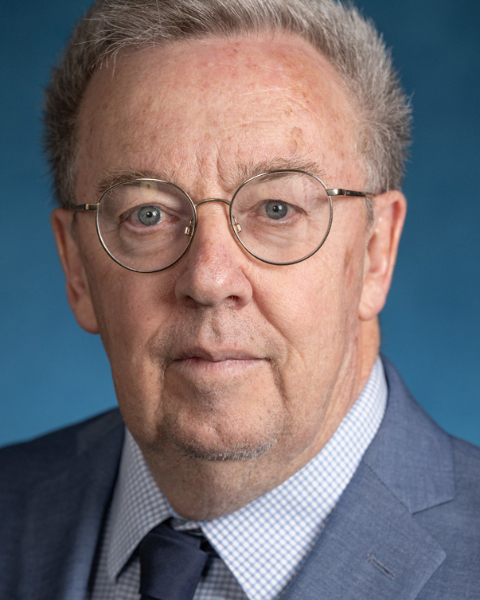
William McLaughlin, MD
University of Michigan
milford, MI
Dr. McLaughlin is a Professor of Radiation oncology at the University of Michigan, and Director of Providence Cancer Centers, full affiliates of the University of Michigan. His research emphasis is technical improvements in prostate cancer therapy.
His initial research emphasis was improving post implant evaluation by MRI fusion to CT. This work culminated in the development of a free online resource (ProstaDoodle 2005) with comprehensive training in MR which receives a minimum 400 new visits per month to the present. Beyond prostate anatomy the module teaches variant functional anatomy affecting quality of life, not visible on CT. This enabled development of vessel sparing radiation, an attempt to map and dose limit sexual functional anatomy. This resulted in exceptional sexual preservation but did not define the critical OAR(s) responsible, and that research continues.
Brachytherapy research ultimately defined the mechanism behind the so-called Bermuda Triangle phenomenon in which dose to rectum after an implant is consistently higher than the dose measured in the operating room. Several techniques have been developed to avoid inadvertent high rectal dose.
Subsequently the details of rectourethralis anatomy contributed to technical improvements in hydrogel placement. As these improvements advanced and consistent 1 cm spacing was possible a new advantage beyond rectal protection was apparent. Gel enabled dose escalation (GEDE) was published in 2023 and suggested the possibility that extreme doses previously limited to brachytherapy can be safely delivered by beam radiation through GEDE.
Disclosures:
- Employment: University of Michigan:Professor:Employee
- Compensation: :Role Topic Description-End Date:
- Ownership: none
- Leadership: none
